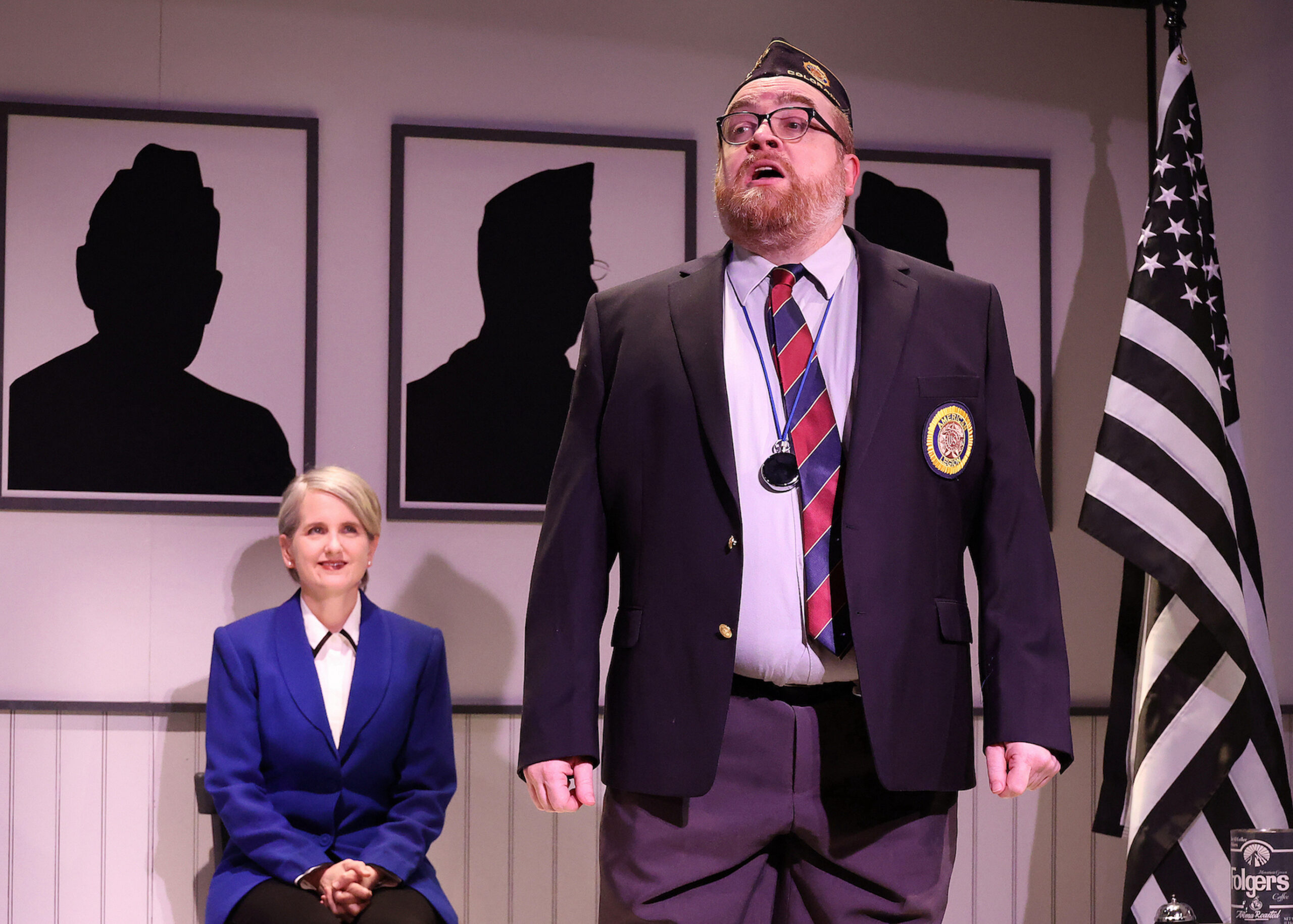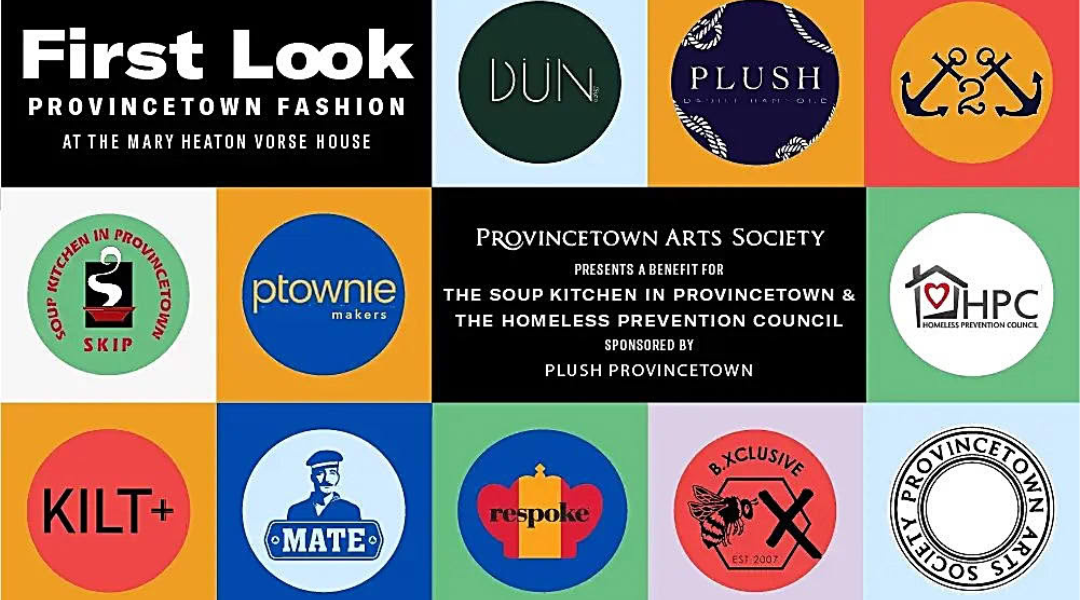
Who Counts in America? “What the Constitution Means to Me” at the Provincetown Theater

I don’t usually tell you what to do. I am telling you now. Go see this play. If you need more reasons to vote, go see this play. If you care about the future of this country, go see this play. If you think you understand the United States, go see this play.
Go see this play.
When she was fifteen, Heidi Schreck traveled around the country, debating other high school students about the meaning of the U.S. Constitution (her prize money ended up paying for university), and both her familiarity with the document and her passion about it show in her autobiographical play What the Constitution Means to Me, currently at the Provincetown Theater through December 3rd.
It’s an unfortunately dry title for a rich, layered, heart-rending experience—hard to even confine it to the word “play”—that will resonate with audiences for weeks or months to come. And well it should: we are at a frighteningly dangerous point in our democracy and every caring person needs to understand what’s at stake.
Understanding, of course, means seeing that the Constitution is neither a magical panacea for what ails us nor a legal document protecting while limiting us. Schreck, played by Ann Stott in a role that could have been made for her—she is that good—pulls no punches, speaking early on about the “crucible” of the Constitution (as opposed to what a fellow debater called a “patchwork quilt” of a document) and how it has impacted both her own family’s history and the nation as a whole.
As much as we may be incensed with a former president who openly disregards the Constitution, the document itself and the world in which it was conceived were deeply flawed; Schreck tells us that it “was designed to protect the men who made it and their property—which was sometimes people—from the government.” This is the originalist point of view embraced by the right wing of the current Supreme Court, and if that doesn’t frighten you, perhaps it should.

Stott is brilliant at leading the audience (presumed to be entirely male, as the “debate” is taking place in an American Legion Hall) through a labyrinth of personal stories woven in with statistics, all of which are, to one degree or another, shocking. One of the currents running through the play is the question of how women can be fully citizens when they are continuously being murdered by their male partners—and the government, far from “taking” anything from them, instead turns the other way and allows, even encourages, that violence to happen. She introduces the topic gently, as women are socialized to do: “I was raised,” she says, “to be psychotically polite.” But it’s clear from the statistics she shares that being deferential to men hasn’t given women any advantages.
Don’t believe it? Schreck has the receipts, snippets of recordings of Supreme Court Justices arguing about the equal protection clause and whether “shall” truly means that you really have to do it.
Director Rebecca Berger has a deft hand at juxtaposing humor with pathos—while Schreck’s script gives audiences the opportunity to catch a collective breath and share a smile or a laugh, it’s the direction here that holds the tension, lessens it, brings it back again. And as always, Ellen Rousseau’s set design is inspired. Previous productions have blanketed the walls of the legion hall with photographs of men; Rousseau’s minimalist approach delivers a sparser, shadowy threat always at Stott’s back that’s eerie and effective. And Stephen Petrilli’s lighting design shifts moods subtly and effectively.
Stott isn’t alone on the stage: there’s the continuous presence of Ed Donovan as the presiding legionnaire, marking time and trying to keep Schreck on-point. He lifts his character out of mere caricature and is given his own moment of sharing his past experiences of bullying. It’s a man reflecting on his own experience of cultural misogyny, but is wisely kept to a minimum. Donovan remains throughout quietly impassive, but through his own monologue he makes it clear that in this culture, everyone loses.
Artistic Director David Drake has been strenuously trying to get the rights to What the Constitution Means to Me for a long time, and it’s an inspired choice for our era. And it has to be said that Ann Stott has truly come into her own with this play: she is vulnerable, strong, humorous, and resilient. When her eyes fill with tears, so do ours. She is self-deprecating and aggressive. She is, in a word, perfect.
The play doesn’t just end: it invites the audience to participate, which is of course the point of democracy. Local Nauset High School debater Mia Lima joins Stott on stage in a mini-debate to ask whether the Constitution is worth saving, and the audience votes on which point of view should win, aided by staff distributing individual copies of the Constitution and Bill of Rights.
We just passed the anniversary of the signing of the Mayflower Compact, the precursor to the Constitution, and so the eloquence and emotion of the play has a special resonance for us here in Provincetown. Don’t let it be missed in the jumble of holiday cheer; it may be the most important thing you’ll see this year.

PHOTO CREDIT: Bob Tucker/Focalpoint
More Recent Provincetown News




 Accommodations
Accommodations  Art
Art  Bars
Bars  Books
Books  Entertainment
Entertainment  Events
Events  Featured
Featured  Guides
Guides  History
History  Literary stuff
Literary stuff  Most Popular
Most Popular  Provincetown News
Provincetown News  Restaurants
Restaurants  Reviews
Reviews  Shopping
Shopping  Theatre
Theatre  Uncategorized
Uncategorized  Weed
Weed